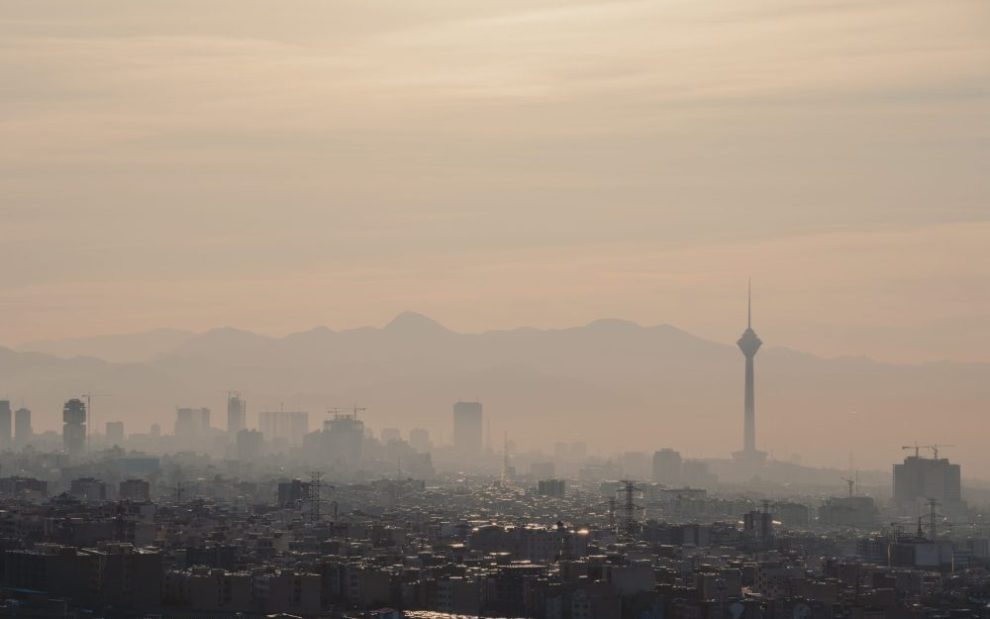Some Catholics in the United States reacted with umbrage at the latest missive from Rome on global warming, courtesy of Pope Francis: Laudate Deum (On the Climate Crisis).
Vaticanistas report that Pope Francis felt obliged to pen a follow-up to his 2015 encyclical Laudato Si’ (On Care for Our Common Home) after years of inaction. In it, he doubles down on his earlier warning about care of creation and the looming threat of climate change. At the time Laudato Si’ was published, Western nations were finally ready to collaboratively address the problem of global warming and climate change dislocations.
And indeed much has been achieved since then—significant investments in sustainable energy, clear progress on a global transition to electric vehicles, and the creation of a U.N. fund to cover “loss and damage” in the developing world to respond to the increasing number of climate hazards and disasters. But the level of the ongoing crisis has never been matched by the industrialized world’s full capacity to sponsor broad social change.
In Laudate Deum, Pope Francis redirects attention to “our suffering planet,” which he warns is near a breaking point that will be marked by cascading and interrelated crises of poverty, economic inequity, un- and underemployment, inadequate housing and health care, and forced human migrations. In the future the least will be first among the suffering as people in the most vulnerable places on Earth—Bangladesh, sub-Saharan Africa, the Middle East and low-lying islands across the Pacific—experience the most violent ruptures because of climate change.
It is a painful irony that those most victimized by climate change have contributed the least to the problem. That’s why Pope Francis’ message is directed squarely at the world’s affluent states, demanding that the so-called First World finally agrees to sacrifice out of its surplus before draining more out of the needy among poor states.
Politicians and thought leaders have pitched efforts to address global warming in terms of technological breakthroughs that promise to stave off the crisis without difficult lifestyle choices, but Pope Francis is not so willing to coddle global consumers. The pope even calls out Americans specifically, noting that fossil fuel “emissions per individual in the United States are about two times greater than those of individuals living in China, and about seven times greater than the average of the poorest countries.”
“Meh, what does he know?” was the response of some American Catholics, who suggested the pope stay in his lane and out of scientific disputes. Trouble is, unlike these folks, who rely on the goofball opinions of a tiny gang of denialists, the pope is not simply opining. His exhortation was written under the guidance of the Pontifical Academy of Sciences, a learned advisory body that in turn relies on the research and expertise of the 97 percent of the world’s climate scientists who have no doubt that climate change propelled by human activity is real and an existential threat.
Others wonder why the pope is taking such an interest in saving the Earth when he should be more concerned with saving souls. But, as he did in Laudato Si’, Francis adroitly points to a spiritual sickness at the heart of the contemporary climate crisis, an arrogance that denies humankind’s interrelationship with creation, accepting instead a corrosive, technocratic faith that “reality, goodness, and truth automatically flow from technological and economic power,” a “monstrous” notion of human life without limitations. The pope calls instead for a “pilgrimage of reconciliation with the world that is our home.”
“Never has humanity had such power over itself,” Francis writes, “yet nothing ensures that it will be used wisely.” That indeed remains up to all of us.
This article also appears in the December 2023 issue of U.S. Catholic (Vol. 88, No. 12, page 42). Click here to subscribe to the magazine.
Image: Unsplash/Amir Hosseini
















Add comment